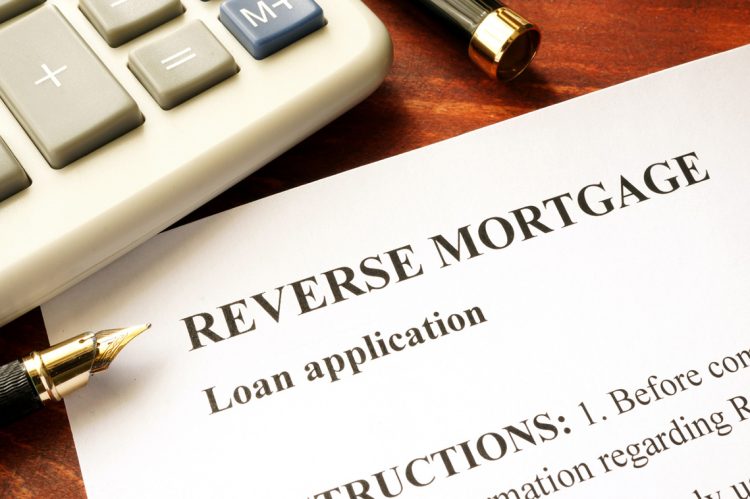Homeowners aged 62 or older can use their home equity to receive a lump sum, a line of credit, or income through a reverse mortgage. While this might seem like a great way to enjoy your senior years or cover unexpected bills, there are risks involved with this type of loan.
Considering this type of loan, you must understand how it works and what can go wrong. We will examine what to know about reverse mortgages. There are pros and cons you should consider.
How do reverse mortgages work?
A reverse mortgage allows you to use the equity you have in your home as collateral for a loan. It is the reverse of a traditional mortgage, where you receive money from your lender instead of paying mortgage premiums.
While a normal loan requires monthly payments, the lender takes payment when the borrower moves, dies, fails to maintain the home, or doesn’t keep up with HOA fees or property taxes.
When you apply for a reverse mortgage, you can choose how you want to receive the money. You could take a line of credit if you don’t need all the money immediately, saving on interest costs. You can also take a lump sum if you have medical bills.
A reverse mortgage can also provide income, either for the time you remain in the property or for a set time. There is often the option to combine a line of credit with a monthly income if that would suit your situation better.
Types of reverse mortgages
The three main types are:
- Home equity conversion mortgages (HECMs). These are the most popular and can be used for any purpose. This could include buying a new home, though you will need a large down payment.
- Single-purpose reverse mortgages: This type might be offered by government agencies and non-profits. As the name suggests, the lender limits what these loans can be used for.
- Proprietary. Private lenders offer proprietary mortgages for any purpose and are an option if you don’t meet the FHA requirements for a HECM.
Qualifying for a reverse mortgage
The qualification requirements vary depending on the loan type, but to give you an idea, these are the general requirements for a HECM:
- The property. Your home must be your primary residence and meet FHA property condition standards. It can be a single-family home, HUD-approved condo, manufactured home, or a multiple-unit property with the owner living in one unit.
- Owner. To qualify, the borrower has to be 62 or older. While they will review credit scores and income, there aren’t set minimums. The borrower must meet with a HUD-approved counselor to ensure they are making the right decision.
- Borrower responsibilities. When the loan has been approved, the borrower has to have the funds to pay property taxes, homeowners insurance, and other required fees without help from the loan. The property also needs to be maintained.
Reverse mortgage pros and cons
Before you apply, you should understand the potential benefits and disadvantages of this loan:
Pros
- Release equity. If you need money for whatever reason, this loan helps you release these funds without the need to move home.
- Delayed payment. While most loans require repayments to begin immediately, this loan allows you to access the money you need without worrying about repayment.
- Tax-free. Payments received from a reverse mortgage are classified as loan advances and aren’t taxed by the IRS.
Cons
- Costs. There are costs when you apply for this type of loan. You must pay for an appraisal, servicing, origination fees, and other closing costs. On top of this, you will still need to pay your previous mortgage if you still have one.
- Losing the home. The lender could foreclose if you fail to maintain or pay the necessary fees. This could also happen if you don’t live in the home for a year, perhaps for health reasons.
- Leaving your home to your heirs. If your children want to keep the home after you have passed away, they must pay off the mortgage or refinance. The home can be sold, and they can keep the difference, though this won’t be an option if its value has dropped below the loan balance.
- Age requirements. With one spouse under 62, they might need to be removed from the deed to qualify for the loan. Though without their name on the title, the non-borrowing spouse could lose the home should their partner die.
Is a reverse mortgage the right choice?
If you have a lot of equity in your home and want to remain in it long-term, this loan could be a great way to free up cash. It is common for living expenses to exceed income in retirement, and a loan like this can make things easier.
When living in a retirement community, this mortgage is the perfect way to have a steady income for expenses.
If you understand and are happy with the downsides, reverse mortgages make retirement easier for many seniors.












